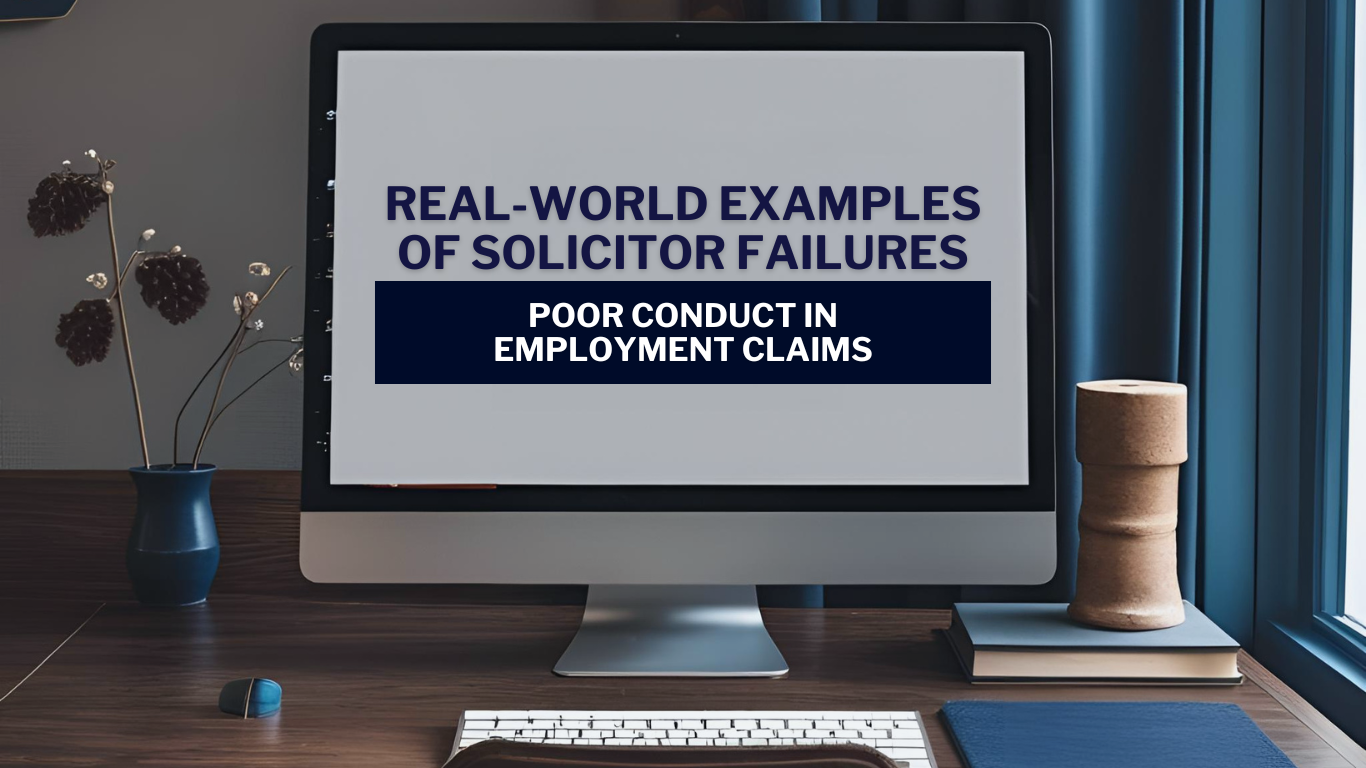By Jamie Lasaki
•
min read


For many business owners, the prospect of restructuring might conjure images of red tape and corporate headaches. But done correctly—and with the right legal and tax guidance—a restructure can be a smart move for future-proofing your business, safeguarding key assets, and improving tax efficiency ahead of a future sale.
Whether you're a seasoned entrepreneur or scaling your first venture, understanding the benefits of transferring assets like property into a new company could be the difference between a smooth exit and a tangled one.
What is a demerger?
A demerger is a process that allows a business to separate different parts of its operations into distinct entities. In the UK, this can be achieved in several ways—via a statutory demerger, liquidation demerger, or capital reduction demerger—with the most appropriate route depending on your business structure and objectives.
A demerger is commonly used where different shareholders wish to go their separate ways or where certain assets (such as trading premises or valuable IP) need to be ring-fenced from trading risk or prepared for sale.
Why transfer assets into a new company?
Here are three key reasons UK business owners consider transferring assets, such as commercial property, into a separate company:
1. Tax efficiency
By separating trading and investment activities (for example, moving property into a holding or investment company), businesses may access favourable tax treatment. A well-structured demerger can mitigate exposure to capital gains tax, stamp duty, or income tax—although this requires careful planning and input from both legal and tax professionals.
2. Asset protection
Transferring key assets out of the trading entity can help ring-fence them from operational risk. If the trading business were to face a claim or financial difficulty, those assets—now held separately—may be better protected.
3. Future sale planning
If you’re considering selling your business (or part of it) in the next few years, restructuring now can make the sale cleaner and more attractive to buyers. For instance, a buyer may want to acquire only the trading operations, without associated property or other investments. Having assets held in a separate vehicle can make negotiations much easier.
What should you watch out for?
Restructuring isn’t something to rush. Common pitfalls include triggering unexpected tax liabilities, breaching lending covenants, or overlooking shareholder agreements. Advance clearance from HMRC is often advisable, and the Companies Act 2006 must be carefully followed.
Get the right advice early!
Whether you're planning for growth, succession, or a potential sale, restructuring via a demerger can unlock real value. But the key is getting the structure right. Our corporate team are used to working with tax specialists to advise business owners on demergers, asset protection strategies, and preparing for sale. If you're considering a restructure or want a sense check on your current structure, we're always happy to talk through your options.
Jamie Lasaki, Corporate & Commercial
Contact us today:
Karen Lord – karen.lord@healys.com